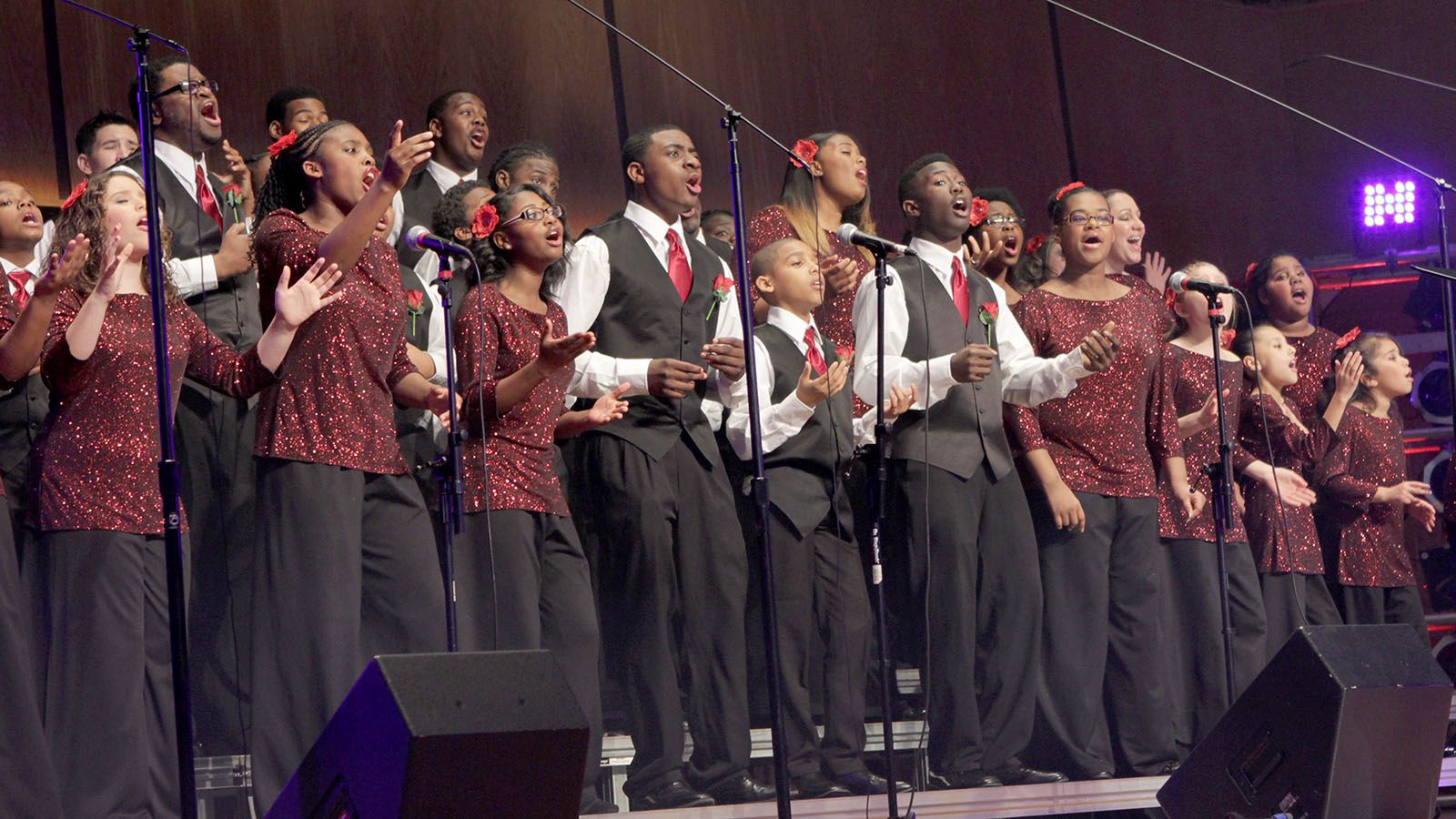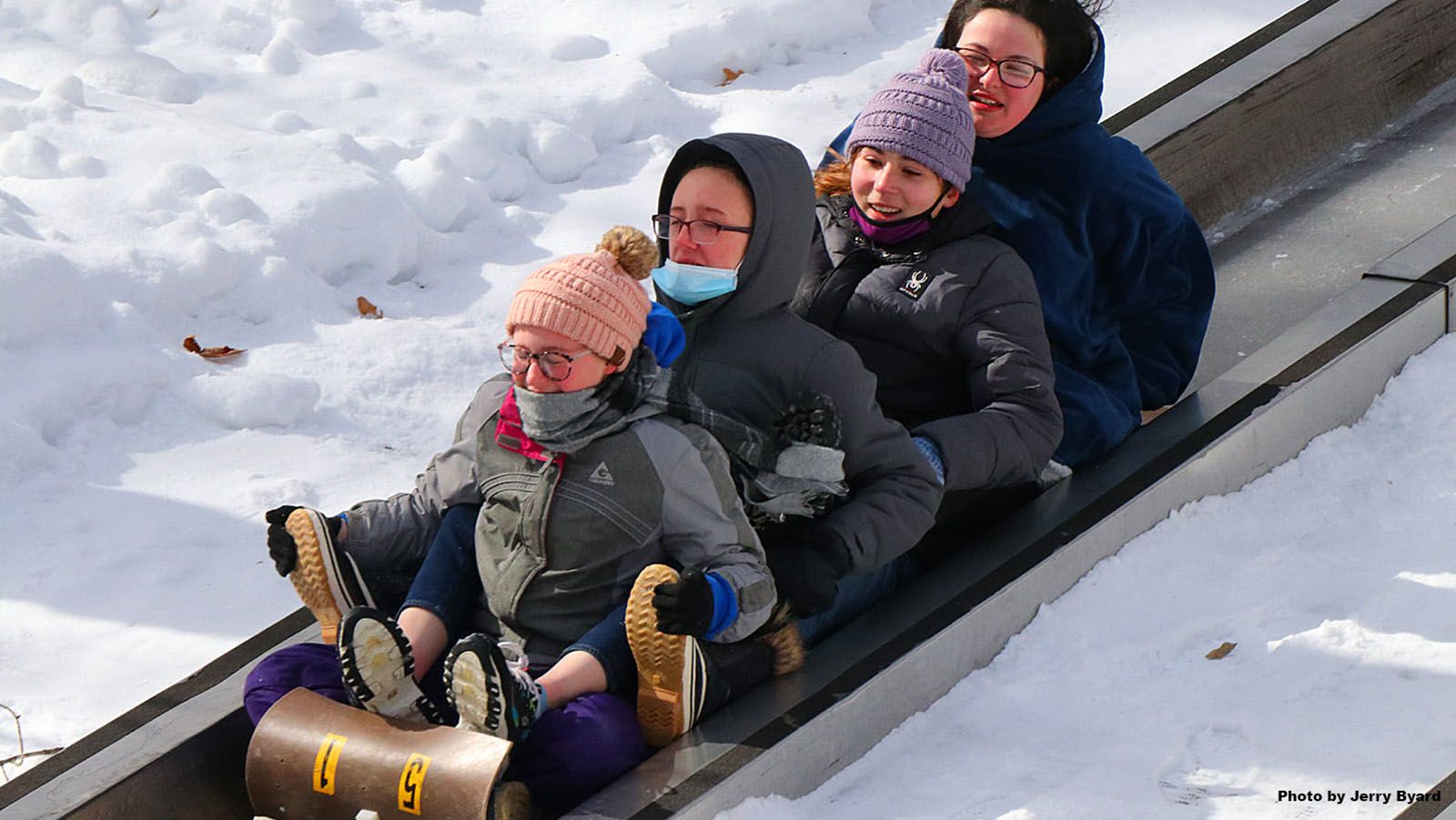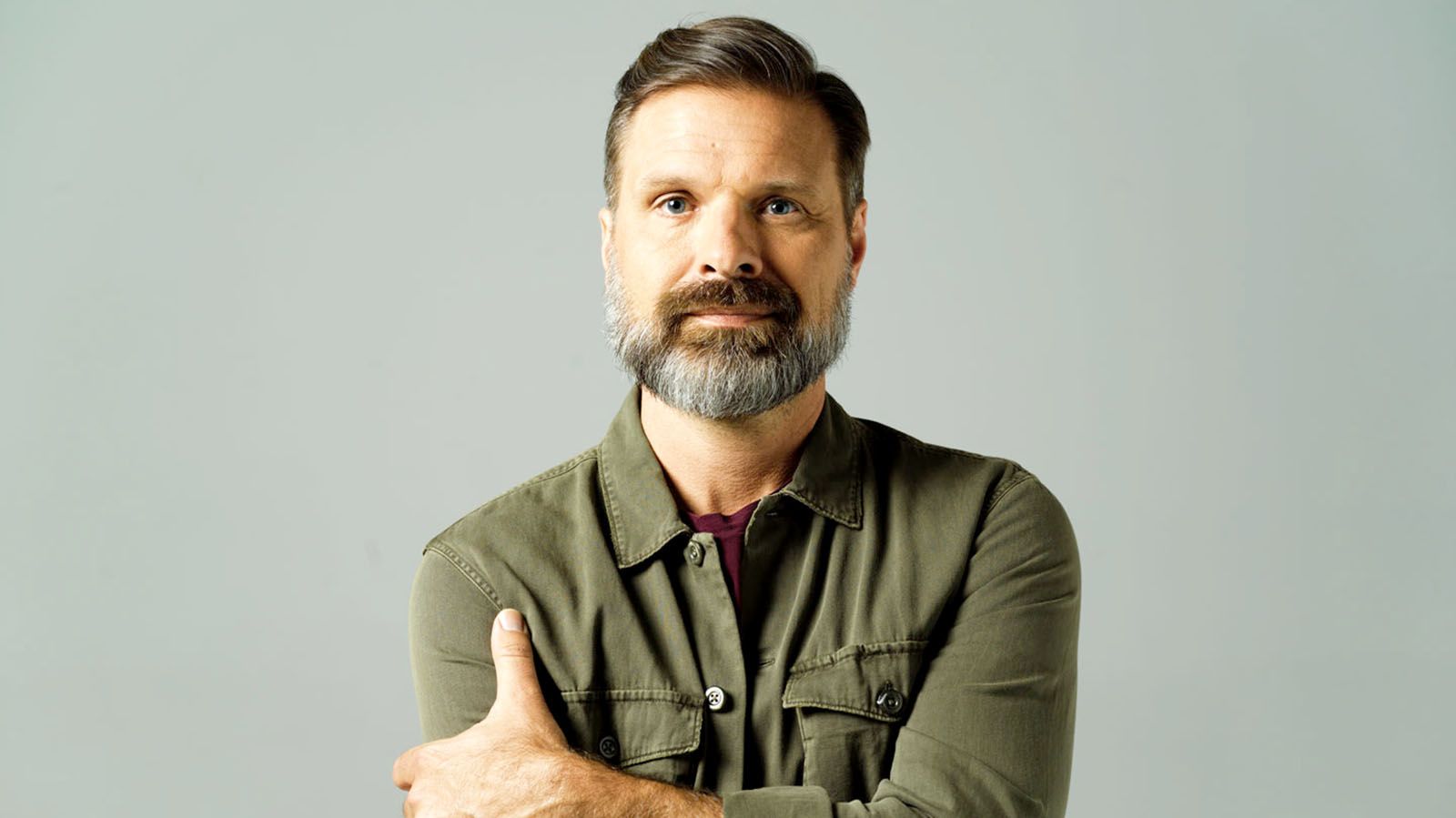It’s been a great season for Fort Wayne audiences to enjoy the ecstatic, uplifting power of gospel music, and it’s not over yet.
On Sunday, Jan. 12, in a tradition that started 25 years ago, the Voices of Unity Youth Choir perform Praise Celebration 2025: How We Got Over at the Auer Performance Hall in Purdue University Fort Wayne Music Center.
The program will be packed with gospel music favorites sung by the 58 youths in the choir, from age 8 to high school, joined by a number of adult alumni and guests. They will be backed by a large band of professional gospel musicians from throughout the region, all under the direction of the group’s founder, Marshall White.
Praise Celebration 2025: How We Got Over
Voices of Unity Youth Choir
5 p.m. Sunday, Jan. 12
PFW Auer Performance Hall
2101 Coliseum Blvd. E., Fort Wayne
$10-$20 · (260) 481-6719
Identifiable songs
“How I Got Over” is at the centerpiece. It’s a treasured gospel song by Clara Ward from 1951 which was also a hit for the great Mahalia Jackson and others, and became an anthem for the Civil Rights movement in the 1960s. The best-remembered version may be by Aretha Franklin with the Reverend James Cleveland and choir, in an upbeat soul arrangement on her 1972 live album Amazing Grace.
At the Unity concert, adult singer Karla Doty will sing lead with the choir.
Unity Youth Choir will also get the audience going with choral music made famous by artists including Kirk Franklin, the Brooklyn Tabernacle Choir, Maranatha Singers, CeCe Winans and her song “Goodness of God,” Ricky Dillard and The New Generation Chorale, and Raymond Wise, whose contemporary gospel adaptations of traditional spirituals are perennially sung by high school state honor choruses throughout the country.
The band directors for this show are keyboardists Chris Byrd and Tyrone Tolbert. Byrd, from Toledo, was music director for the late Rance Allen.
Aaron King is bringing a group of horn players, and viola player Derek Reeves, whom you know from the Fort Wayne Philharmonic Orchestra, will lead the string section.
World Champions
In Whatzup’s June 12 story, Anthony Gadson interviewed White about his work with the Unity Performing Arts Foundation. The choir is the most visible component, but the foundation also offers programs in creative writing, dance, public speaking, and leadership and development.
“This is not a normal choir program. It is not a normal arts program,” White said in the story. “It’s more like a development concept. We just use the arts to attract the kids. Once they come in, we are actually developing them, shaping them, and empowering them, and preparing them for life.”
White said this ahead of their Rise Up concert on June 22, where they sang contemporary R&B with an uplifting but secular focus. Then the choir was off to a week in Auckland, New Zealand, where they took the highest honors in the gospel music category at the World Choir Games. It’s an Olympic-like event for choirs with thousands of singers from around the world, held every other year in a different country. Unity has performed and won awards at several over the years.
Just last month, Fort Wayne Magazine named White as one of their People of the Year, 2024.
This time, on the occasion of this uplifting praise celebration, I wanted to ask White not about the organization or its achievements, but about the meaning behind the music we’ll hear Jan. 12. I spoke with him and got background from his staff member Alivia Croxton, student care coordinator, who sang in the choir from ages 8 through 16 and sits in with them today.
Knocking down walls
Gospel music singers get attention these days on TV shows like American Idol and America’s Got Talent. But the long history and the culture behind the music, and what it means to our society, is the context White finds sorely lacking.
“Teaching this type of music to kids who are 12 and under, it’s remarkable,” White said.
“I think music of the African-American experience has always been treated in a very, I would say a more nullifying way, because it’s not been basically upheld in mainstream education. It’s not been seen in the university as music that’s legitimate. It’s not been seen in public schools as music that’s legitimate. It’s basically been sheltered to the Black church experience and Black community. So bringing this type of music to the arts community is giving the city a taste of something that they’ve never really had access to.
“That’s what the Praise Celebration is, soulful music in a sacred context. In the summer we do the secular context of soulful music, and in the winter we do the sacred context of soulful music and bring it into the arts community.
“And now these children, they’re now exposed to that because they’re in Unity.”
White seems amazed at the range of children and families that participate.
“We are like 26 percent white in the program and 26 percent biracial in the program, which has never actually happened in the history of the organization. And staying around 40 percent African-American, about 6 or 7 percent Hispanic. We have really never targeted a culture in the program. Our whole focus was to create a platform of music that would do the attraction and the appeal, not our desire to be diverse.
“I believe content appeals and attracts people to your organization. And so the Unity model has a very strong appeal that we have just continued to improve over the years.
“I keep telling people all the time, white people have soul. Black people have it. So, Chinese people have soul. Korean people have soul.
“No, we have been taught in America to see certain people in stereotypes, and to accept people in stereotypes. That’s how America has built, to me, this wall. And so we as an organization, we have worked hard to obliterate that wall. And that’s why you see multiple different races in the program.”
Having attended their concert in June, I can tell you that you’ll have a great time hearing these kids sing their hearts out, backed by a great band, in a presentation that will get everybody on their feet.
I hope to see you there.
 Submit Your Event
Submit Your Event




